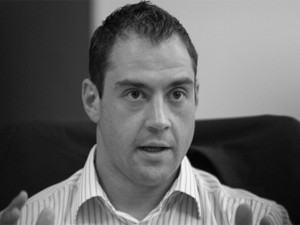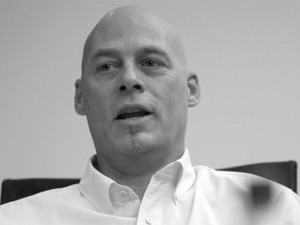
According to William Stucke, councillor at ICASA, SA is currently in a situation where the main owner of fibre in the country is Telkom, with 108 000km of cable laid. The next closest is a private operator, with less than 20 000km of fibre put down.
IDC analyst Spiwe Chireka asks how feasible it is for SA to develop a competitive fibre connectivity market under such monopolistic circumstances, and what action needs to be taken to ameliorate the situation.
Juanita Clark, CEO of Fibre To The Home (FTTH) Council Africa, believes it's possible that facilities-leasing guidelines could already be law right now. What we need, she adds, is a legal precedent set by challenging Telkom to provide open access to its taxpayer-funded fibre network.
Keith Matthew, GM for sub-Saharan Africa at BT, seems to agree. He notes that within a year of Altech winning its 2008 high court bid to have ICASA convert VANS licences to individual electronic communications network service (I-ECNS) licences, BT had secured access to multiple Telkom sites.
Clark suggests the industry combine to mount a court challenge to force Telkom to make its fibre backbone available under facilities-leasing guidelines. "We can reduce the cost of telecommunications deployment significantly," she says.
While refraining from actively encouraging such a move, Stucke points out that it's natural for people who have been getting away with unfair business practices to continue doing so until stopped by a court of law.
Internet Solutions' Wayne Speechly agrees, noting, however, that the impediments are not restricted to Telkom's dominance. "Shareholders want a return, business has to remain viable and sustainable, it's extremely competitive in a very specific segment of the market, and the power of the incumbent player is stronger than ever. With all of those variables in play, it's difficult to...get things to change," he says.
Lessons
Clark points out that, as the significant shareholder in Telkom, government is both player and referee, which, she insists, is a major contributing factor to the high cost of telecoms in SA. She also notes that taking Telkom to court is tantamount to the private sector going up against its own taxpayers' money.
If you want to have 3G offload to WiFi, you need ubiquitous WiFi [and] ubiquitous fixed-line connectivity."
William Stuck, councillor, ICASA
Stucke remains the voice of reason: "We have a situation where one licensee has a problem with another licensee and launches a court case. But, if there were 100 of you and each [of you] has a court case, do you think [Telkom] might possibly think about it?"
Ruckus Wireless' sales manager for sub-Saharan Africa Michael Fletcher believes lessons can be learned from Africa. What we are seeing in places like Mali and DRC is carriers jumping from 2G to WiFi, skipping over 3G, he says.
"[In Kenya], not quite by the end of this year, but probably in the first quarter of 2014, it will be readily available, and you, as the consumer, can do a 3G offload to WiFi seamlessly," he says.

Again, ICASA's Stucke makes a pertinent point: "If you want to have 3G offload to WiFi, you need ubiquitous WiFi [and] ubiquitous fixed-line connectivity," he says.
Fletcher notes that, in Kenya, fibre is not a problem, and the breakdown of data communications is in the lack of capacity of cell towers.
Bringing the discussion back home, Eckart Zollner, head of business development for Jasco ICT, identifies the fundamental problem as a breakdown in trust between government and industry.
"We, as industry, need to make a big effort to rebuild that trust so telecoms operators can operate where they should be operating, and the Infracos of this world can be playing in the right technology spaces," he says.
Everything is actually going well. It's still tough, there are still a lot of challenges, but the outlook is really exciting.
Christopher Geerdts, chairman, WAPA
Rob Lith, business development director at Connection Telecom, believes the market will explode with innovation if the costs can be brought down to reasonable levels. He uses flat-rate calling plans as a typical example, which, he says, are simply not possible in this market right now.
The Wireless Access Providers' Association chairman, Christopher Geerdts, is puzzled by the impatience and negativity. "Everything is actually going well. The high site issues are there, but they're being resolved. It's still rather tough, there are still a lot of challenges but the outlook is really exciting," he concludes.
First published in the November 2013 issue of ITWeb Brainstorm magazine.
Share